| Sorted by date | |||
page143from Building Ideas
This implies that each act of speech is in
some sense a repetition – that our words have always been spoken before us, and
that language speaks “through us”, as even Heidegger had suggested.
Barthes’
thinking, however, is based on Saussure’s idea of the arbitrariness of the
sign, which allows the notion of the “free-play” of meaning to disrupt such “totalizing”
discourses as “reason, science and law”.12 It is here that Barthes is echoing a
major theme in deconstruction, one that Derrida had already instigated in Of
Grammatology in 1967. As Barthes describes it in the same essay, with the
emphasis again on syntactic “structures”:
In
the multiplicity of writing, everything is to be disentangled, nothing
deciphered; the structure can be followed, ‘run’(like the thread of a stocking)
at every point and at every level, but there is nothing beneath: the space of
writing is to ranged over, not pierced; writing ceaselessly posits meaning
ceaselessly to evaporate it, carrying out a systematic exemption of meaning.13
For
Barthes it seemed that a deterministic structuralism could itself become just
another myth and he wished to question its restrictive assumptions, such as its
reliance on binary oppositions. This theme extends into deconstruction as part
of what we now refer to as post-structuralist thinking, which builds on, rather
than dismisses, the earlier philosophy – contrary to what the misleading label
suggests. Other fields in which structuralism has found favour are touched on
in Chapter 5 of this book, including two of Lévi-Strauss’ “three mistresses” – Marxism and
psychoanalysis.
|
|||
|
|||
|
|
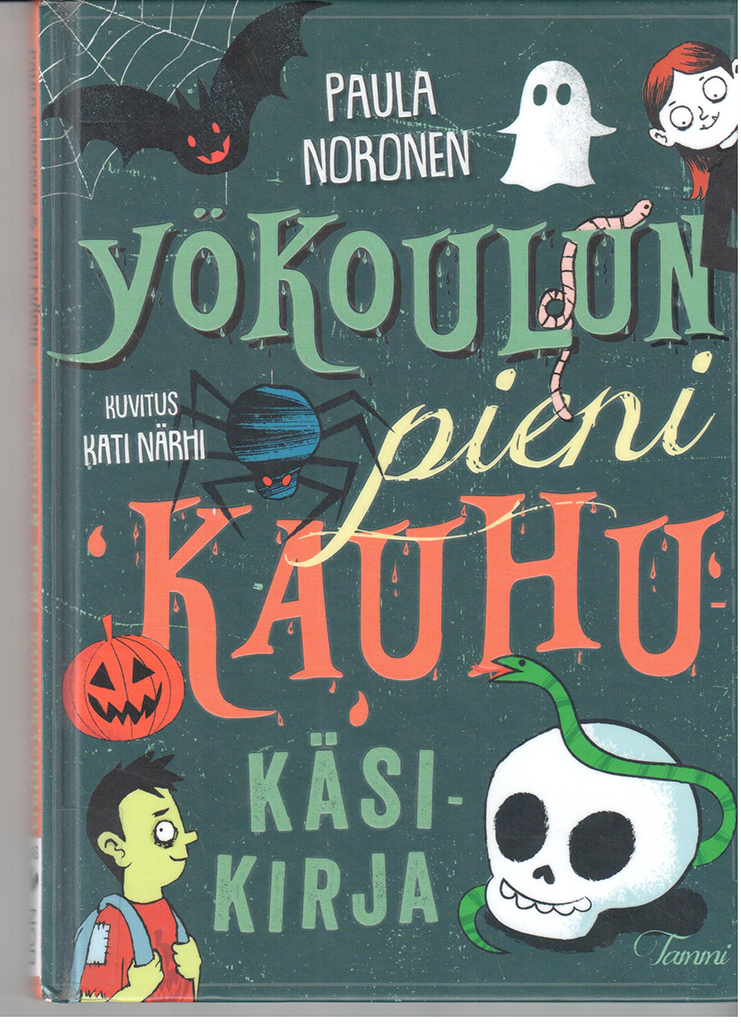 ... ...
... ...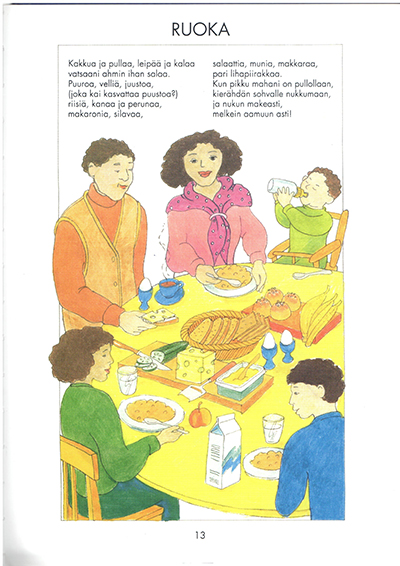 ... ...
... ... ... ...
... ...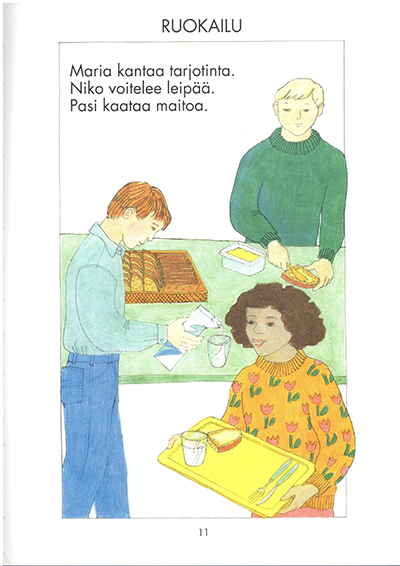 ... ...
... ...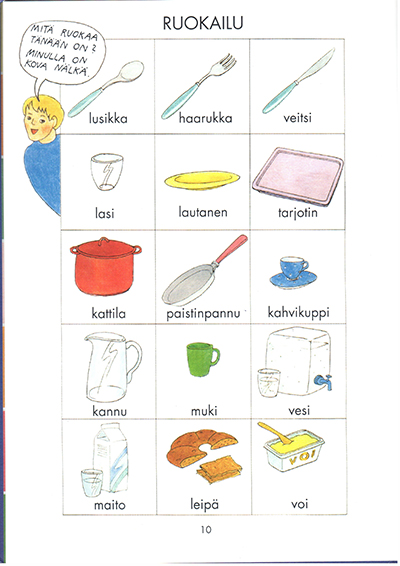 ... ...
... ...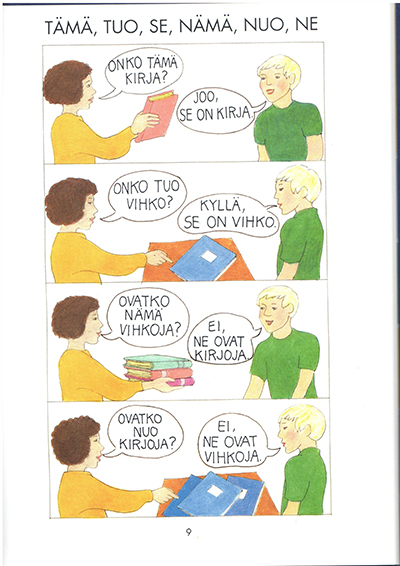 ... ...
... ...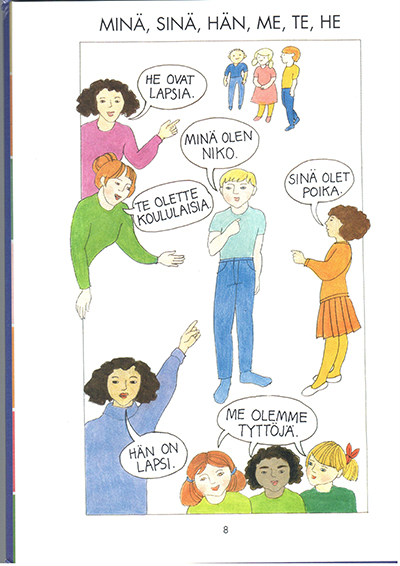 ... ...
... ...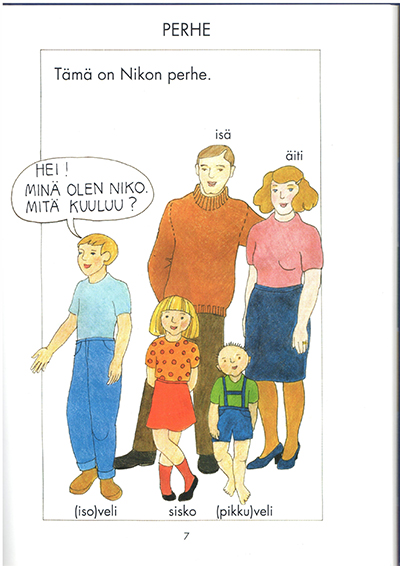 ... ...
... ... ... ...
... ...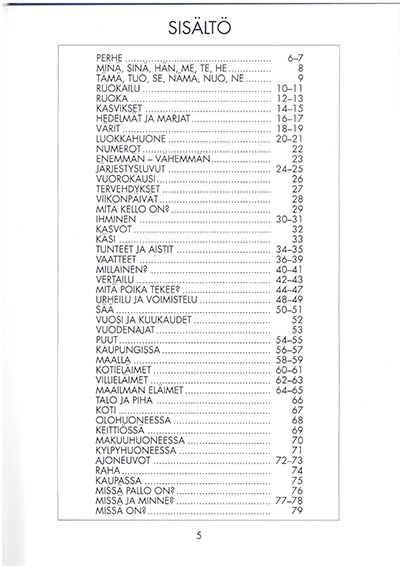 ... ...
... ... ... ...
... ... ... ...
... ...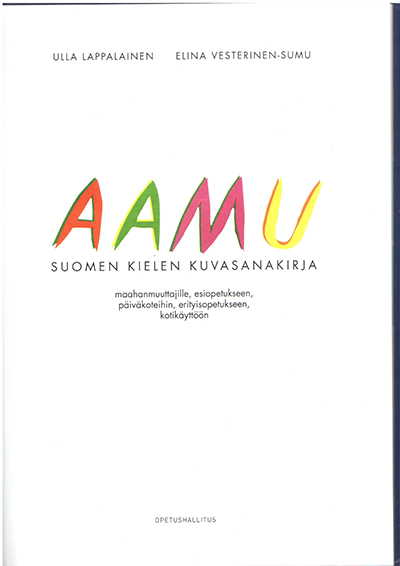 ... ...
... ...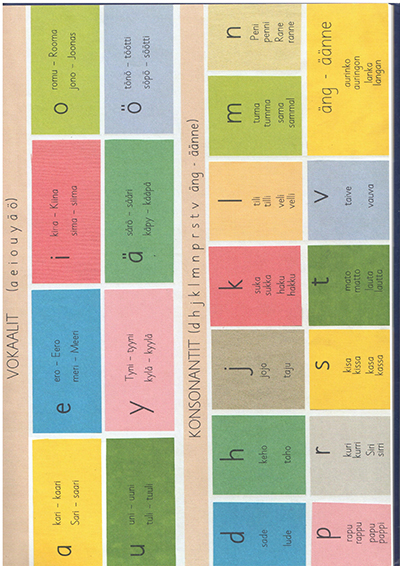 ... ...
... ...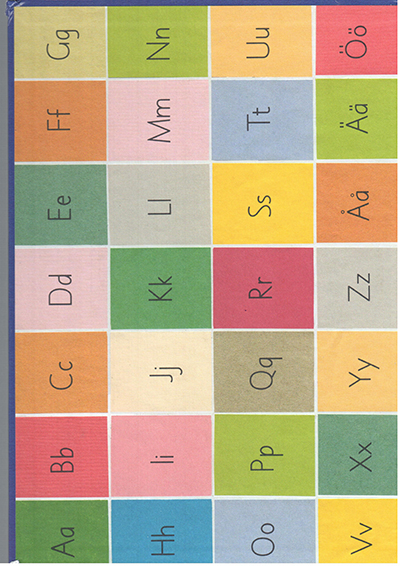 ... ...
... ...